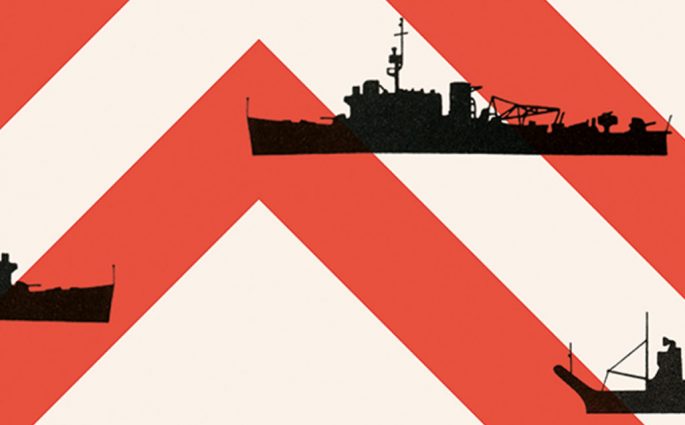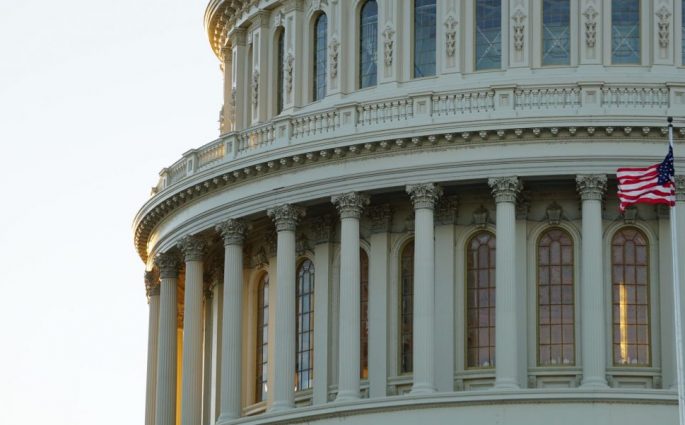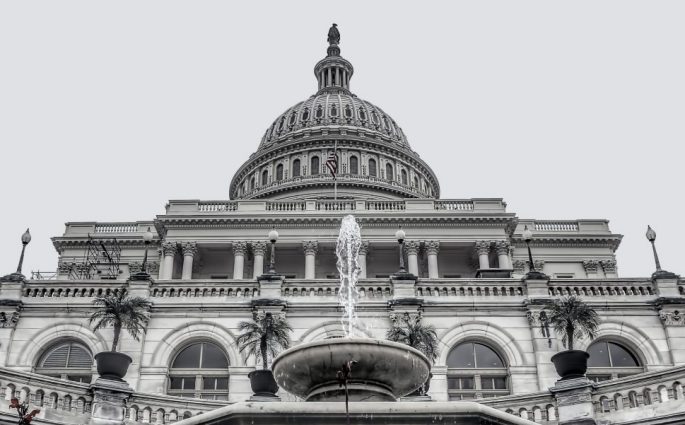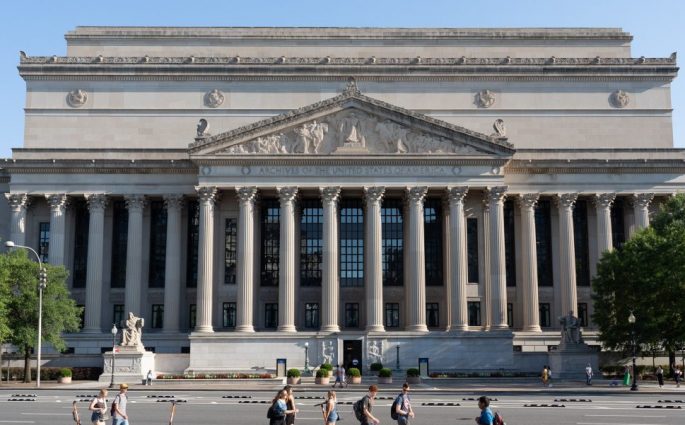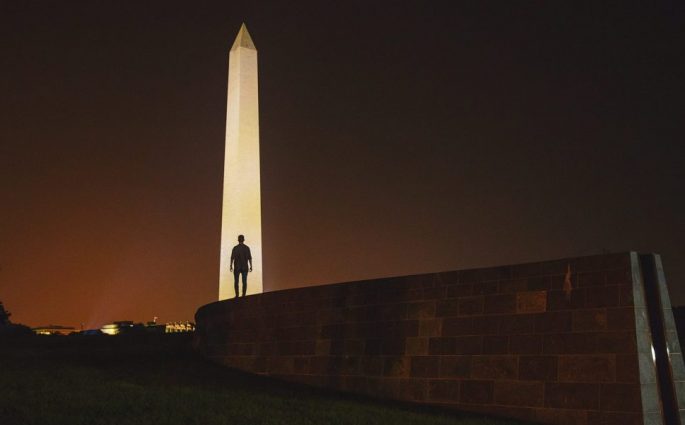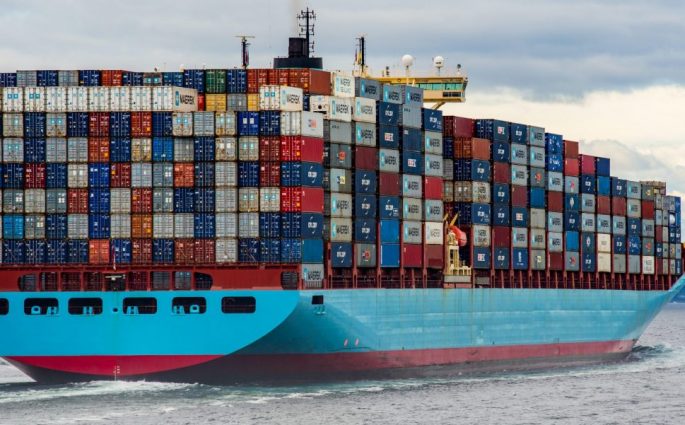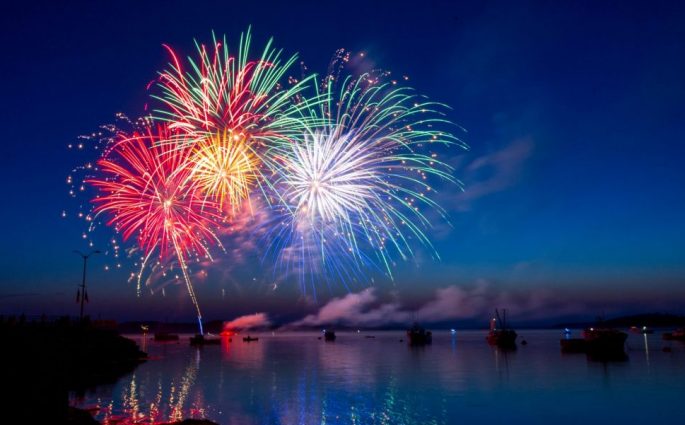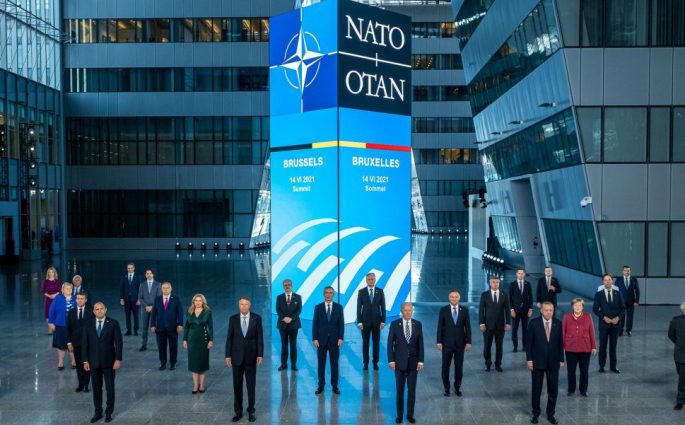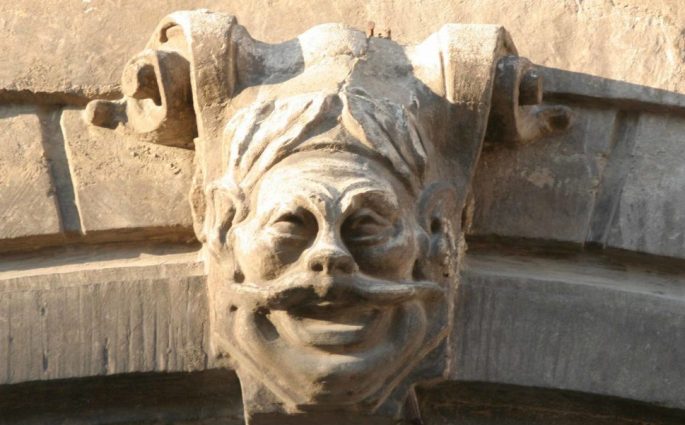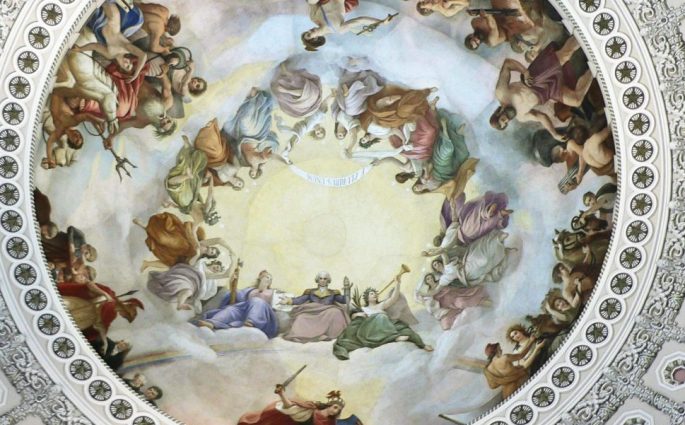The History of Economic Sanctions as a Tool of War
Today, economic sanctions are generally regarded as an alternative to war. But for most people in the interwar period, the economic weapon was the very essence of total war. The initial intention behind creating the economic weapon was not to use it–economic sanctions were intended to be a form of

